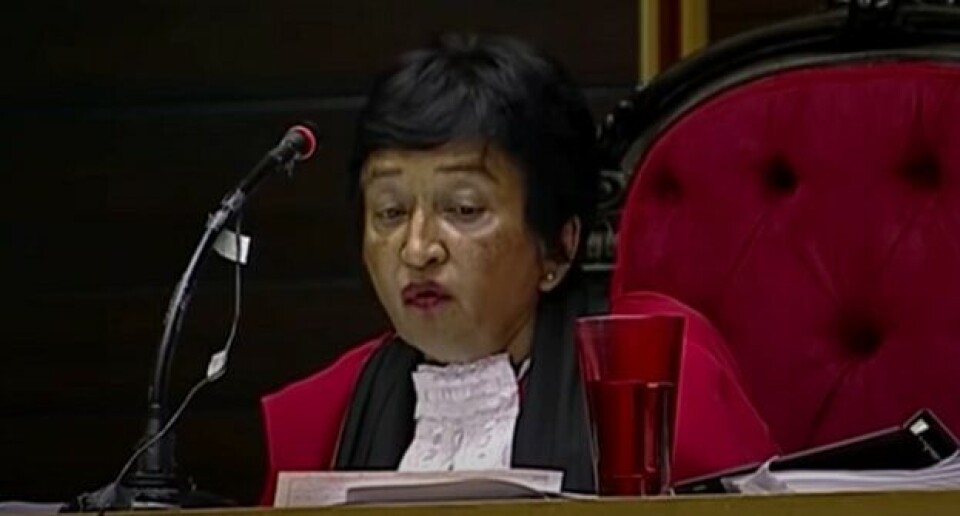Copyright : Re-publication of this article is authorised only in the following circumstances; the writer and Africa Legal are both recognised as the author and the website address www.africa-legal.com and original article link are back linked. Re-publication without both must be preauthorised by contacting editor@africa-legal.com
Score Settling

In a first for South Africa, a civil society group has taken the Judicial Services Commission (JSC) to court, arguing that its recent interviews of candidates for the Constitutional Court were unlawful, writed Tania Broughton.
The Council for the Advancement of the Constitution (CASAC) says the interviews were tainted by “political agendas” and “score settling” and it wants the court to set aside decisions the JSC made and order that the interviews be done afresh.
Eight candidates were interviewed for two vacancies on the apex court at the JSC hearing in April.
The JSC recommended five candidates for consideration for appointment by State President Cyril Ramaphosa.
He has not yet announced his decision and CASAC says because the process was unlawful, he must not.
CASCA executive secretary Lawson Naidoo said the JSC had not only breached sections of the constitution but the interviews were “procedurally unfair, irrational, arbitrary, and the product of systematic failure to approach its important function with an open mind”.
He said the case was of utmost importance.
It involves not just the administration of justice but the appointment of the custodians of justice - judges of the Constitutional Court - and it involves those responsible for their appointment, he added.
The purpose of the interviews was to give the JSC an opportunity to determine whether a candidate was suitably qualified and fit and proper.
“The interviews are not a platform for party politics. Or to investigate and evaluate complaints against judges, and to give commissioners a chance to quibble or ventilate grudges against them.
“The JSC must be independent. Party political considerations and political agendas should play no role in its decisions and processes.”
Naidoo said while politicians sat on the JSC, their role was a “constitutional one” - to act on behalf of the public and in the public interest.
But they, and others, including the Chief Justice Mogoeng Mogoeng, had subverted the constitution.
He said the interview of Judge Dhaya Pillay deteriorated into a political attack when she was asked questions which emanated from the “(Jacob) Zuma faction in the ANC” about a case she presided over in which Derek Hanekom sued Zuma and about her friendship with Minister Pravin Gordhan, the Minister of Public Enterprises.
“It ended with her being subjected to ANC factional political questioning which has nothing to do with judicial function.
“The Chief Justice did not intervene. He allowed unscreened, hostile and uninformed representations from members of the public to be introduced into the proceedings.
“And then he too seized upon it, questioning her about the friendship even further, ambushing her.
“PIllays interview is perhaps the most stark in showing that certain commissions saw her interview as a chance to settle old political scores.”
Naidoo said candidate David Unterhalter had been subjected to inaccurate and irrelevant questioning about Israel's relations with Palestine “including an absurdly irrelevant question about the so-called two state solution”.
“The Chief Justice allowed this to happen without quibble when he had a duty to stop it.”
EFF leader Julius Malema, who is a commissioner, then threatened another candidate, referencing the “youth I lead”, and saying he would “fight her condescending attitude”.
“It is hard to think of a worse statement. She was bullied and attacked. Again, what is regrettable is that the Chief Justice permitted this to happen,” Naidoo said.
“Something is seriously amiss if even judges are not protected from harassment by politicians, special interests or disgruntled litigants.
“A coordinated attack was levelled against candidates based on spurious grounds like their distant friendship with ministers, their brief membership of civil society organisations like the Jewish Board of Deputies and their temperament - a line of questioning, I note, that male candidates seem to have been spared.”
To join Africa Legal's mailing list please click here
